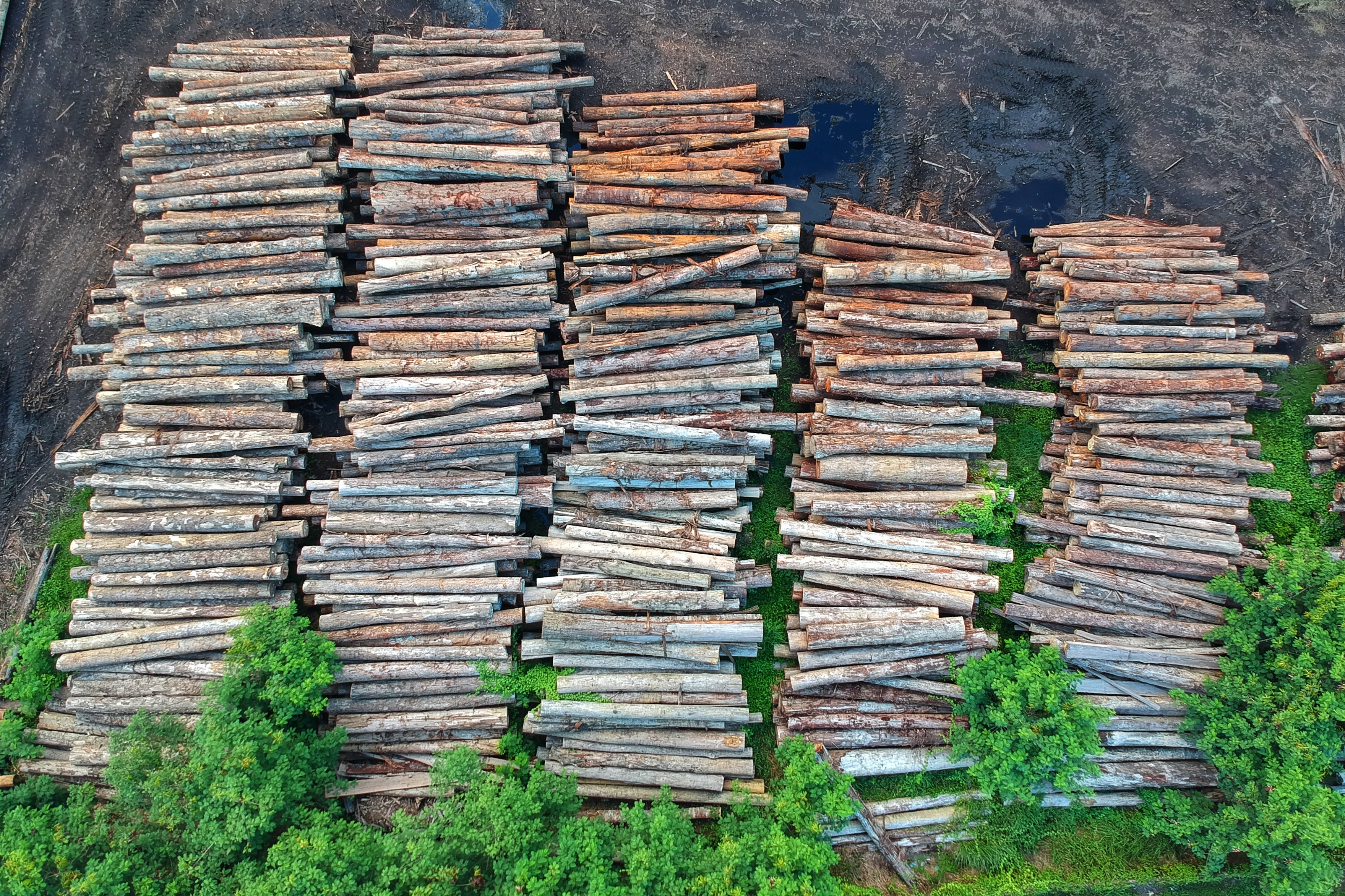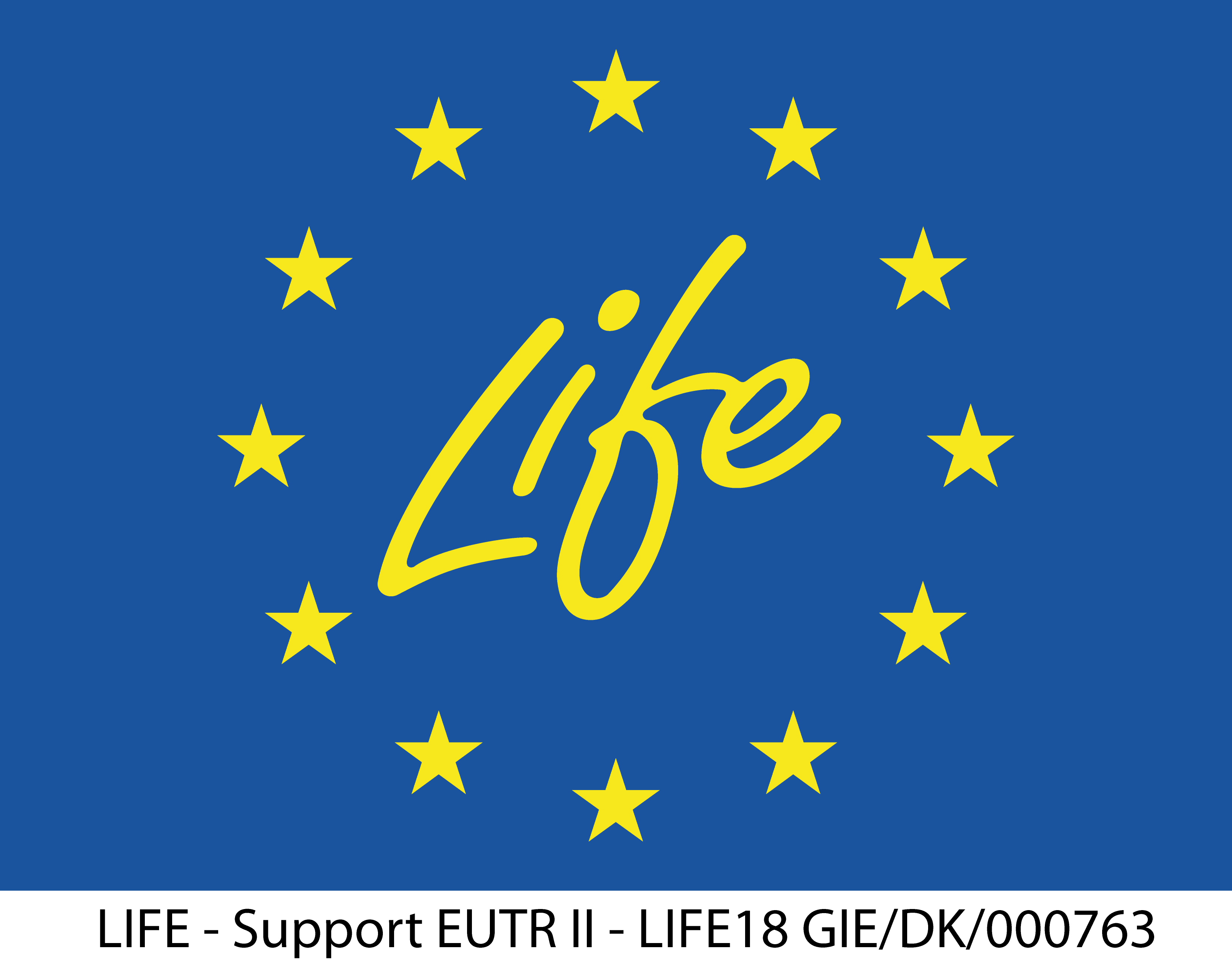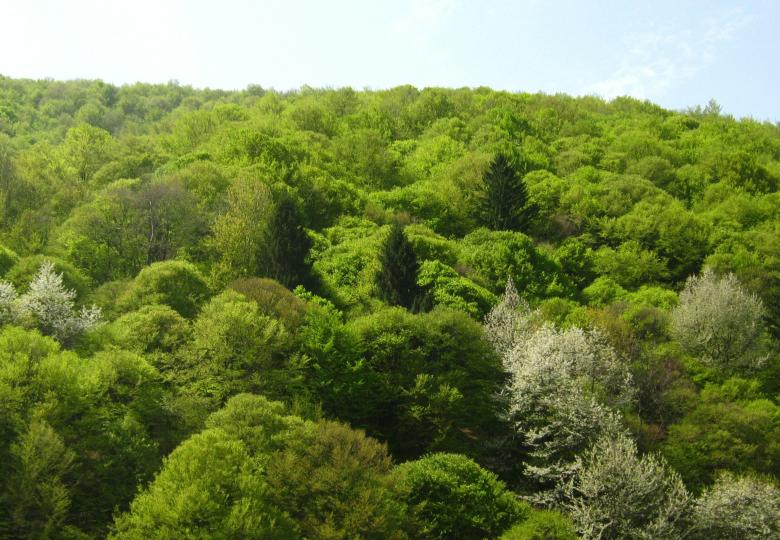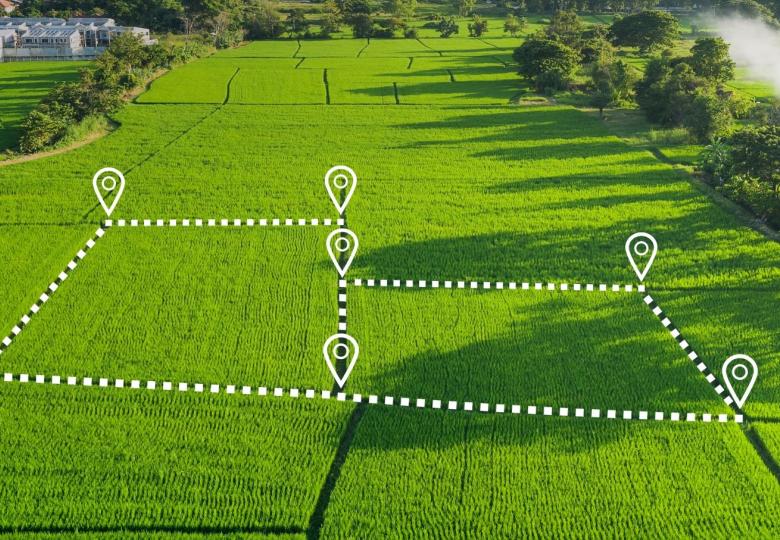Closing the Gaps on Illegal Timber Trade
The EU Timber Regulation was implemented in 2013, but many companies in the EU are either not aware of the regulation and/or how to comply with it. This project funded by EU LIFE will focus on raising the awareness, offer training in how to comply with the EUTR, collect risk information for the companies to implement in their due diligence systems and optimize the tools and access to the risk information.
Despite strong efforts to raise barriers against the flow of illegal timber, the EU remain a significant destination for the global trade in illegally harvested wood.
With the support of the EU LIFE Programme, stakeholders in Italy, France, Belgium, Germany, Spain and Netherlands will now get the opportunity to work together in the project #LIFE Legal Wood to further strengthen the implementation of the EU Timber Regulation (EUTR), due diligence and exchange of information related to the shared aim of stopping illegal timber in supply chains.
Partners of the LIFE II project - a continuation of LIFE I (2016-2018) - include Preferred by Nature (formerly known as NEPCon), Amfori, Baskegur, Cesefor, Conlegno, Etifor, Foresna, GD Holz, Le Commerce du Bois, Probos and the CA’s of Belgium, Germany and Spain.
Forming a robust EU wide alliance, these organisations will build on previous results, creating a stronger awareness of EUTR and due diligence processes in their respective countries and across the EU.
The Challenges
Illegal logging and the global trade in illegally harvested timber is one of the most significant causes of deforestation. In a recent report by Interpol, illegal logging was estimated to account for 50-90 per cent of the volume of all forestry in key producer tropical countries and 15-30 per cent globally with a total worth of up to €90 billion or 10-30 per cent of global wood trade.
Adopted by the European Parliament and the Council in 2013, The EU Timber Regulation (EUTR) reflects the EU’s determination to prohibit trading on the EU market of illegally harvested timber, regardless of its origin. EUTR prohibits operators in Europe from placing illegally harvested timber on the market and requires EU traders to undertake due diligence.
However, interpretation and implementation within the forest product industry, which mainly consists of small and medium enterprises (SME’s), has not been consistent.
The overall objective will be to reduce illegal logging and improve sustainable forest management globally through improved compliance, monitoring and enforcement of the EU Timber Regulation among key duty holders. More specifically, the project aims to:
- Increase capacity among key stakeholders to understand, comply with, monitor, and enforce the EUTR requirements, especially those regulating imported timber in EU countries where the highest impact can be made.
- Improve efficiency and effectiveness in EUTR compliance, monitoring and enforcement among key stakeholders through increased availability and quality of free information about legality risks for imported timber.
- Increase awareness of key stakeholders regarding the availability of free information and resources regarding imported timber risks to enable better EUTR compliance.

The project
This project aims to create a higher level of implementation of the EUTR among the EU’s thousands of SMEs, and to help these make risk assessment and due diligence an integral, constructive element within their business and administrative systems to comply with the requirements of the EUTR.
With LIFE I (2016-2018), a previous project also focusing on EUTR, the core project goal was to tackle continuing lack of knowledge of the EUTR’s sometimes seemingly complex requirements and show companies that due diligence is at heart good business practice.
The project developed new country specific information that assessed illegality risk of timber supply, from over 40 timber exporting countries worldwide. This too was distributed free, both during the one-day SME training in the 12 Project countries, and via the Preferred by Nature Sourcing Hub, where all information was publicly available.
The objectives of this current project, LIFE II (2019-2022) is to complement LIFE I and to close remaining gaps in the EUTR implementation, strengthening capacities where duty holders are still struggling to achieve effective compliance.
Specifically, the project will focus on timber imports, as this has been identified as the highest risk for EUTR violations (as opposed to timber grown in the EU). The project will focus activities on the 6 EU countries with the highest volumes of timber imports, including high risk tropical timber: Italy, France, Belgium, Germany, Spain and Netherlands.
The activities
LIFE II will include a range of actions aimed to strengthen the compliance with EUTR in the European timber industry. These include:
- Free workshops for SME’s in project countries and EU wide.
- Establish stakeholder networks to enable more direct collaboration and increase stakeholder. efficiency in EUTR compliance.
- Provide risk database for SME’s.
- Distribution of information material, articles and newsletters.
Tools and guidance
EU Timber Regulation - Made Simple. Find all you need to get started on implementing the EUTR in your business - Guides, tools and other outputs developed by the project will be added to the following list during the course of the project.
Training
Watch presentations recorded during a range of different webinars focusing on EUTR and relevant subjects around EUTR - Access free EUTR training
Check out this list where upcoming free webinars are announced.
Sourcing Hub and Risk Tools
Visit the new Sourcing Hub here
Cameroon (Risk assessment and toolkit)
Cambodia (Risk assessment and toolkit)
Democratic Republic of Congo (Risk assessment and toolkit)
Republic of Congo (Risk assessment and toolkit)
Equatorial Guinea (Risk assessment and toolkit)
Gabon (Risk assessment and toolkit)
Angola (Risk assessment and toolkit)
Nigeria (Risk assessment and toolkit)
Ghana (Risk assessment and toolkit)
Cambodia (Risk assessment and toolkit)
Vietnam (Risk assessment and toolkit)
Ukraine (Risk assessment and toolkit)
European part of Russia (Risk assessment and toolkit)
Laos (Risk assessment and toolkit)
India (Toolkit)
Thailand (Toolkit)
Guides, Articles and Videos
Test: Does the EUTR Apply to Your Company
Guide: Basic EUTR: How to Get Started
Guide: FAQ about the EUTR
Guide: How to Map Your Supply Chain
Guide: Are you an Operator or Trader
Guide: Are Your Wood Products Covered by the EUTR
Guide: Five Reasons Why Your Business Should Implement the EUTR Now
Guide: Sourcing Certified Products under EUTR
Guide: What Brexit Means for Wood and Wood Products Trade
Guide: New guide for companies selling wood-based products into the European Union
Guide: Guide to Timber Testing Techniques
Press release: Closing the gaps on illegal timber trade
Press release: Launch of national EUTR workshops
Press release: Webinar: The role of certification within the EUTR
Press release: Invitation for webinar on legal timber imports from Russia and Ukraine
Press release: Announcing free webinar on the EUTR and legal timber imports from China
Press release: Webinar on the EU proposal for a regulation on deforestation-free products
Press release: Preferred by Nature is launching a new and approved Sourcing Hub
Article: FSC no Silver Bullet against Illegal Timber Trade in Ukraine
Article: What Brexit means for wood and wood products trade
Article: New guide on how to source certified timber products under the EUTR
Article: How to mitigate risks when sourcing wood in Russia
Article: Launched: Short training videos on key elements of the EU Timber Regulation
Article: Ukraine invasion: A third of the world's sustainable timber banned or sanctioned
Article: EU proposal to include rubber in new anti-deforestation regulation is “a great step forward”
Article: New anti-deforestation regulation to replace EUTR
Article: Natural rubber now included in landmark EU law to halt deforestation
Videos
Video (promotion): EU Timber Regulation - Made Simple
Video (promotion): Free Online EUTR Training Workshops
Video (promotion): Confused about the EU Timber Regulation (EUTR)
Video (promotion): Is the EU Timber Regulation (EUTR) relevant for my company?
Video (training): The main elements of the EU Timber Regulation
Video (training): Due Diligence and the risk-based approach
Video (training): Mapping your supply chain and the EUTR
Video (training): Certification and the EU Timber Regulation
-------------------------------------------------------------------------------------
 The European Commission (donor) is not responsible for any claims or views presented in this material. The European Commission's support for the production of this publication does not constitute endorsement of the contents which reflect the views only of the authors, and the Commission cannot be held responsible for any use which may be made of information contained therein.
The European Commission (donor) is not responsible for any claims or views presented in this material. The European Commission's support for the production of this publication does not constitute endorsement of the contents which reflect the views only of the authors, and the Commission cannot be held responsible for any use which may be made of information contained therein.

Sustainable Management of Small Forest Properties for Resilient Forests in Europe (SMURF)
Europe's forests, crucial for their ecological and economic value, face mounting threats. Climate change fuels extreme weather eve...

Innovation Alliance for Training Programmes for Deforestation-Free Supply Chains in Europe (EMM...
Deforestation is the primarily result of the expansion of agricultural land for forest risk commodities (FRCs) such as cattle, woo...

FAO Geolocation collection and communication protocol
In an effort to combat deforestation and promote tools which enhance global monitoring and supply chain traceability, Preferred by...

Preferred by Nature conducts mid-term evaluation for Sabah Landscapes Programme, Malaysia
Forests are intrinsic to the balance of life in Sabah, Malaysia. However, decades of irresponsible logging and clearance for oil p...
